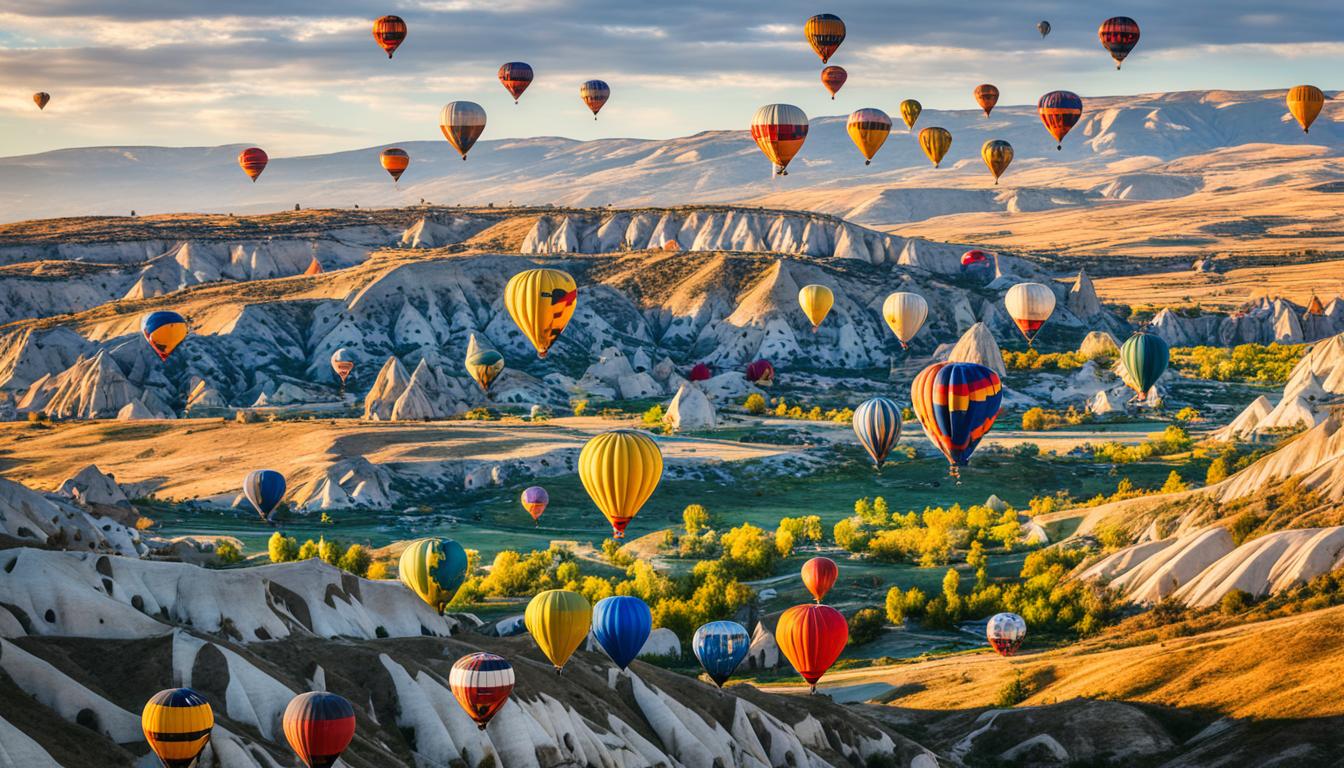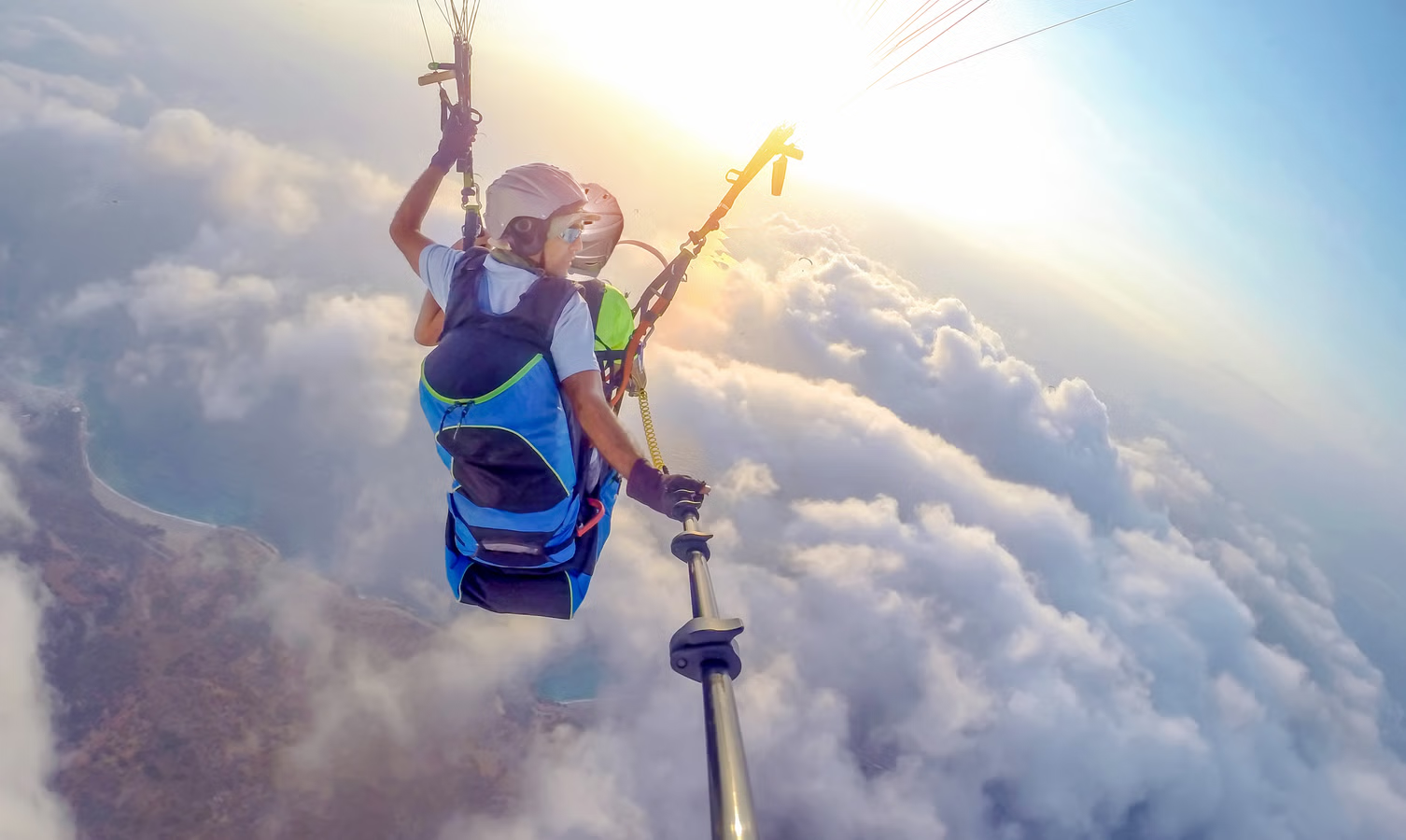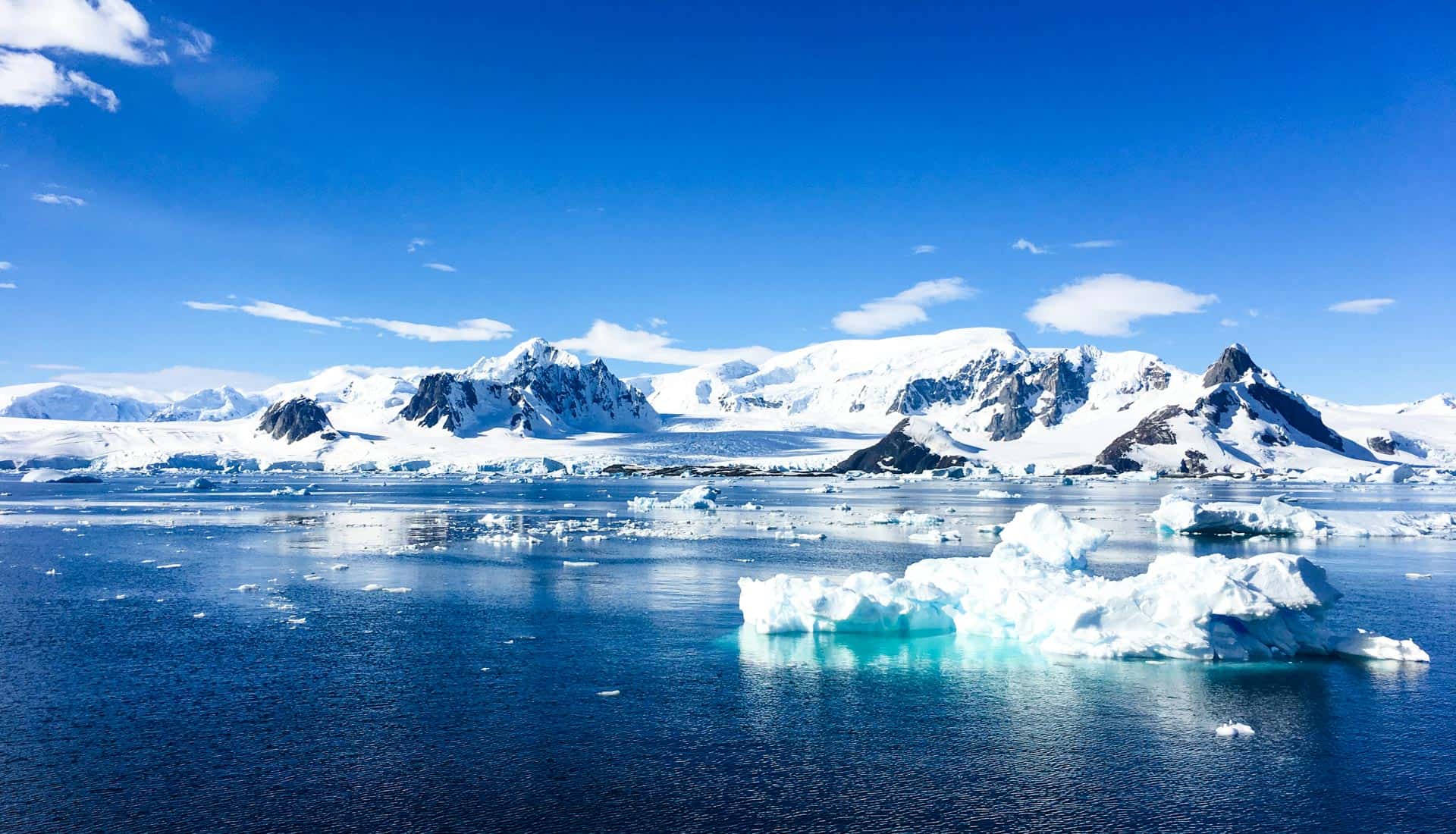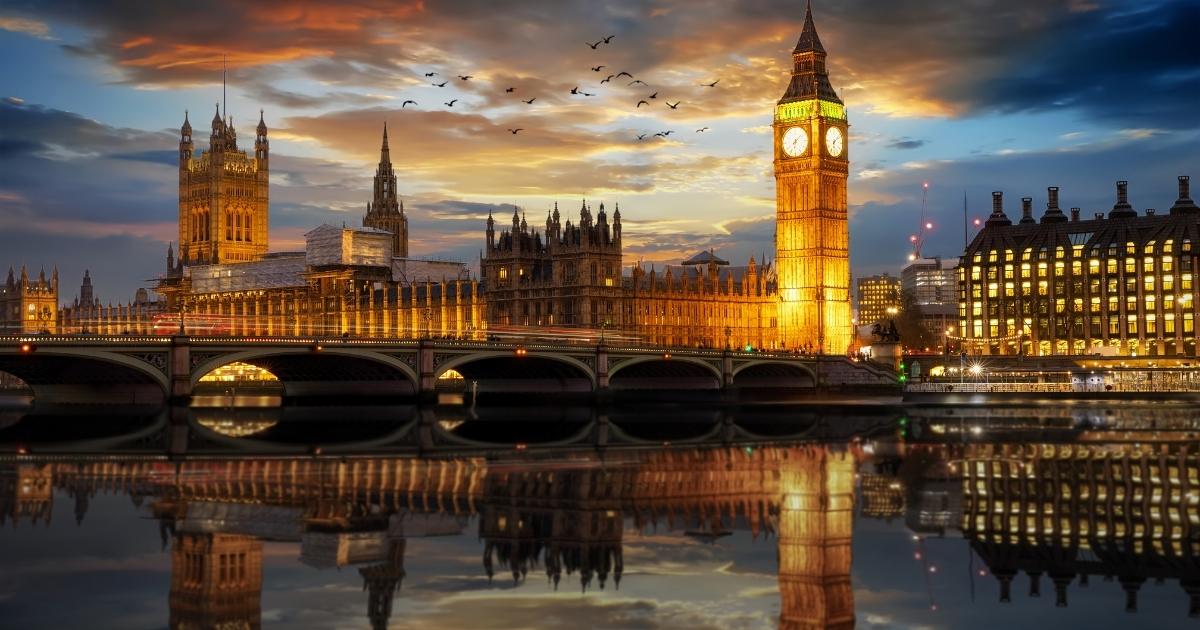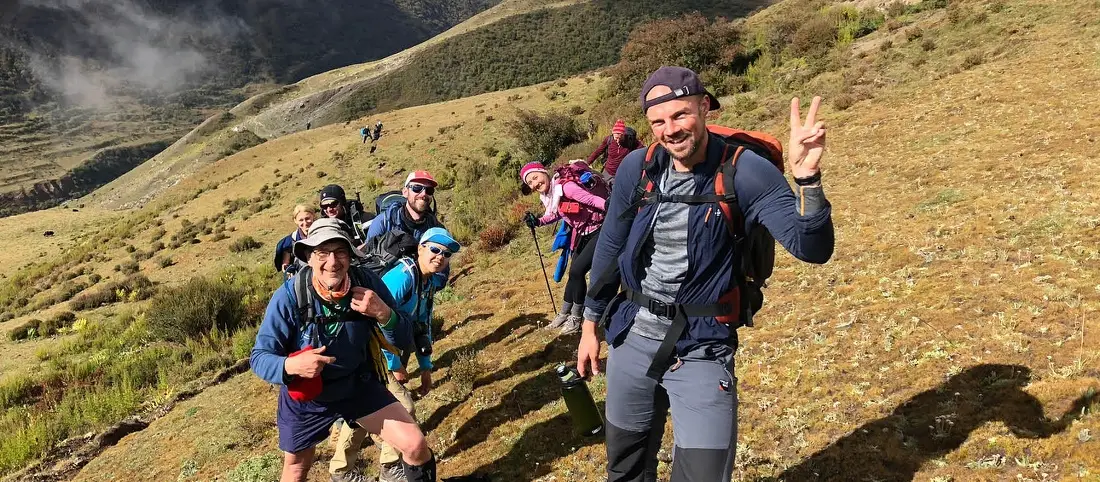
Adventure is that word that has gone beyond words in anyone’s mouth; it is an expression that talks about spirit and glee, the thrill of discovery and, generally, relishing the providing of life for one and all. Climbing on high and mighty mountain ranges, scuba diving in deep-water oceans, or simply roaming wild woods where sunshine is banished- therein lies adventure, all that challenges human limitations, opens vast vistas, and fosters the blossoming of a richer life. In this paper, we reflect on the multiple dimensions of adventure-from meaning to types, advantages, and what adventure is becoming in the face of modern society.
Definition of Adventure
Something’s value would only be considered an adventure if, initially, it is weird, exciting, full of risks and uncertainty, crosses the general threshold concerning travel or at least a lot of free time. This implies that one is intrinsically motivated to find new places, cultures, or even oneself. From extreme sports to cultural immersion, everything in between can be undertaken alone or in the company of others.
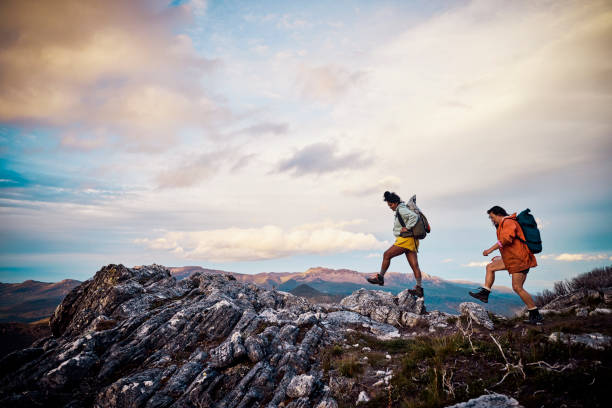
1.Psychology of Adventure
Adventure is of much importance in human psychology. It quenches man’s desire for exploration and the discovery of nature. The thrill that it brings inside it develops some form of adrenaline in the human body, energizes it to act in a state of fight or flight which sooner results into elation and excitement. This psychological response being as desirable as it is, tends to make people grow develop endurance and even instill a sense of achievement in people .
2. Types of Adventure
Adventures can be classified under so many sub-types with their respective experiences and adventure challenges. The most basic types include are;
a. Outdoor Adventures
Outdoor activities take place outdoors, and that makes human beings in contact with nature. They consist of a plethora of activities, some of which are listed as follows:
- Hiking and Trekking: Hiking and trekking on routes of natural beauty as well as on rugged ground may be used as a source of exercise in coordination with appreciation of nature.
- Rock Climbing: It proves that one can boast of having mental and physical strength that allows him to climb to the top. One climber is climbing hills and rocks. The pinnacle reached after all gives a good feeling of achievement.
- Camping: Camping in nature provides an opportunity for being cut off from the hustle and bustle of the modern world, and for people to get in touch with the natural world.
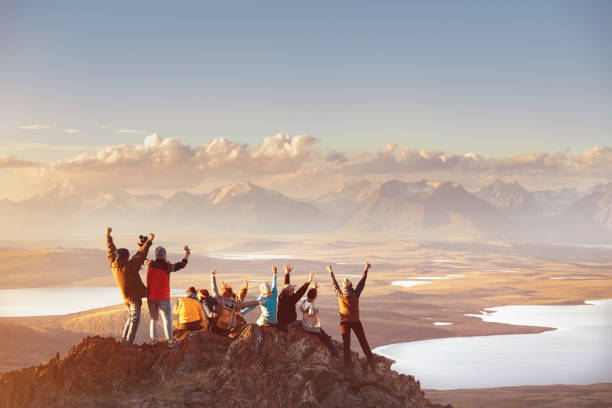
b. Water Escapade
Water adventure is one of those activities whereby people perform their actions on or within water bodies; it is exciting. Some examples include:
- Surf: Surfing waves requires skills; for instance, there is a balance the surfer must have to surf differently in waters as well as feel the rush of these water sports.
- Diving: Scuba or snorkeling diving into deep ocean may open up a breathtaking world of marine life, biodiversity, and what’s unique in this underwater ecosystem.
- Kayaking and Rafting: Cross rivers or ocean waves in a kayak or raft-an excellent combination of adventure with serenity depending on the environment.
c. Cultural tourism
Cultural tourism exposes one to cultures, traditions, and ways of living. It was also very much an escapade involving:
- Travel to Exotic Places: They take them to other countries and cities and bring them to different cultures, cuisines, and traditions.
- Food Tours: Food tours or classes bring the tourists to new taste buds and culinary cultures.
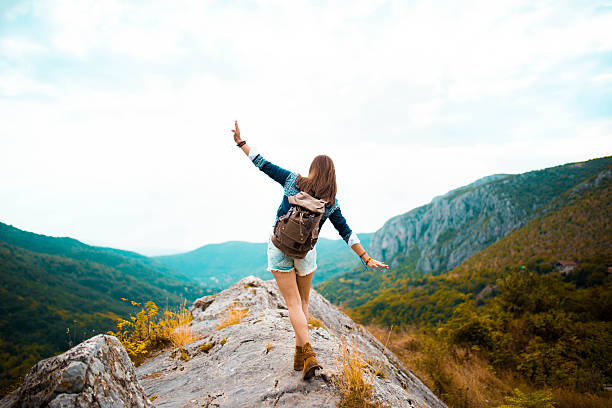
3. Extreme Adventures
Extreme tourism takes a human beyond the physical boundaries of the body. Some of them include:
- Skydiving: It is a jump from an airplane that flies with free fall and a parachute. The experience of thrill cannot be obtained elsewhere.
- Bungee Jumping: Bungee corded and jumping from heights provides the pounding of hearts, well .
- Paragliding: Feeling flying through the sky with the attempt at parachute while harnessed gives a thrilling feeling of flight.
4. Benefits of Adventure
Tour sports provide some physiological and mental psychological states, which directly contribute to a good level of well-being. Key advantages derived from the above include the following:
a. Physical Health
Tour activities involve more exercises of the body, which is developing physical fitness. Outdoor adventures like mountain climbing and hiking contribute to cardiovascular fitness, strength, flexibility, and endurance. Lifestyle diseases and obesity result from outdoor activities, therefore overall physical fitness and wellness.
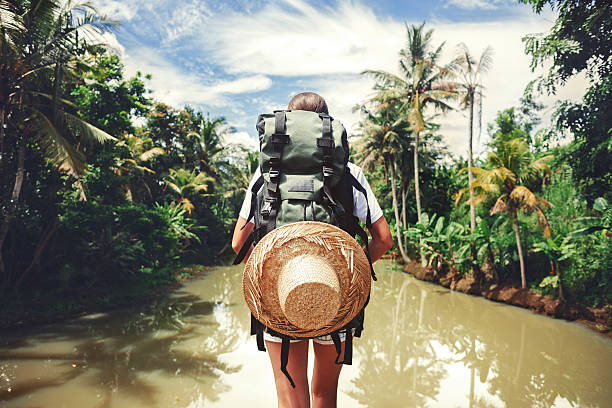
b. Mental Resilience
It builds up mental toughness and flexibility by the test of adventure comfort zones. Battles some adventures and wins most to create opportunities for improving problem-solving skills and then boosts confidence in oneself. Such resilience is built with practical application in handling issues at work and life.
c. Relaxation
The sense of Tour may also serve as a good antidote against the restiveness of stress. Indeed, fun outdoor or active activities can help take off the mind from the usual pressure. The release of endorphins while involving oneself in adventurous activities contributes toward happiness and relaxation, pointing to sound mental well-being.
d. Social Connections
Tour unites people, fosters social bonding, and provides a feeling of belonging. The more travels individuals make with friends, the more they learn as part of a group through hikes, participation in Tour clubs, and memories of their experiences when they go home. This is an activity common enough to forge relations; experiences lead to a psychological feeling of belongingness to something much greater, which makes one’s self-happiness multiply further.
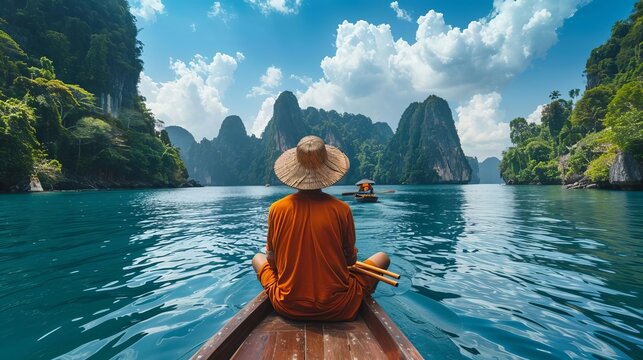
e. Self-Development
The tour brings self-learning and discovery into the person’s life. Removing grounds known may help one discover more of them, what they can do or cannot. This journey of discovering serves to be an aid in enhancing one’s self-awareness, and values in life, and seeking a new view in life.
5. The Evolution of Adventure
a. Technological Advancement
Adventure has bloomed into, especially now in this new millennium, intermingling with technologies that play to its front of changes. Social media has opened windows of real-time adventures that inspire others into that journey. Even equipment and gear innovations have made adventure activities a lot safer and more readily available.
b. Sustainable Tour
A responsible tour is the term coined by growing awareness of the problems within the environment that demand action. Eco-tourism would be expected from the tourist who would propagate the leaving of small footprints. Responsible tourist activities regarding sustainable tours provide for the protection of the environment as well as for respect towards the cultures and their relevant ecosystems.
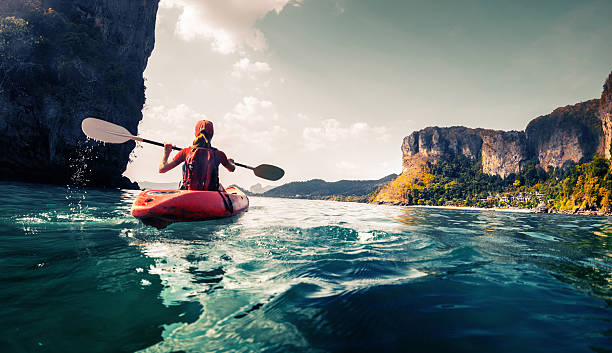
c. Adventure Travel Trends
This travel trend of tourism has seen a market that is not experienced off-site. Adventure travel is in high demand from clients who want to be fully submerged in a tour that would bring them closer to nature while creating a touch with the culture. With such a shift, niche markets come alive within wellness retreats, wildlife safaris, and experience travel moments.
6. Preparing Your Adventure
a. Setting Goals
How many adventures await us, but what is first to be defined? Our goals and expectations for such a journey? What do you want to achieve during this adventure? Be it working out, cultural immersion, or maybe even personal development, which will guide your preparation and improve the whole experience.
b. Destinations Planning
Research your destinations and activities. The more you can learn about your destinations, as well as about activities and local customs, the better you will be at reading other blogs and online forums discussing where to go and what to do.
Knowing where you are going and what’s going on will let you enjoy more of what’s happening and help you adapt to any situation that arises.
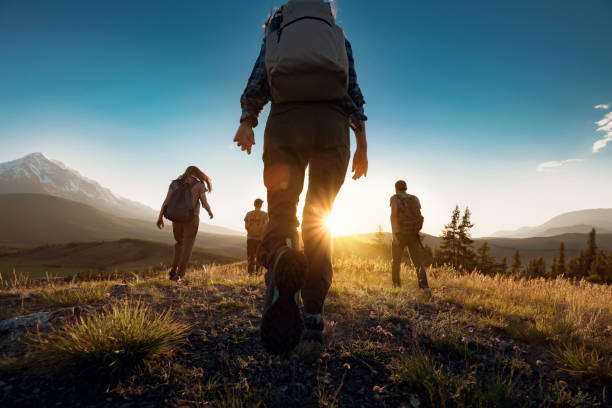
7. Safety Precautions
Precautions always come first before a Tour. A person may know his safety precautions for the activities to be undertaken, must have the right equipment and equipment, and hire a reliable guide or tour operator when venturing out. Get familiarized with local emergency contacts and health facilities for proper enjoyment of the experience.
Response
d. Physiological and Mental Preparation
Depending upon the kind of tourism you undertake, you are involved with some sort of physical preparation. Take up some fitness exercises to develop endurance, strength, and flexibility. And for all that good attitude, don’t worry anything may go wrong.
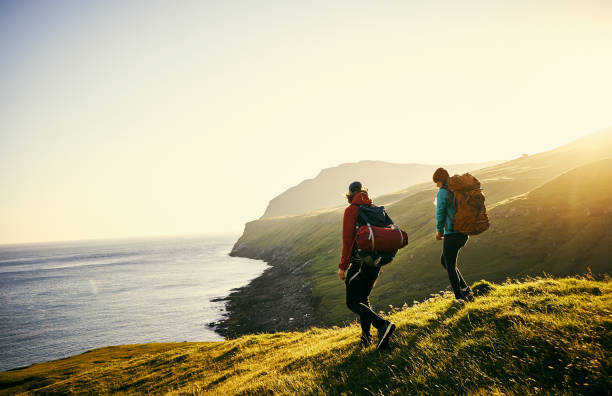
e. Packing Essentials
Pack smart to tourism. That is to say, one will need the right attire and shoes, safety equipment, first aid kit, and personal belongings according to the activity and climatic conditions at the destination. Never forget to pack in the spirit of wonder or hunger for the unknown!
FAQs About Adventure
Q1: What is an adventure?
Adventure is an exciting experience that could be full of possible risks and uncertainty. It refers to outdoor games, cultural experiences, extreme sports, and others.
Q2: What should I do about adventure activities?
Research all the adventure activities you would undertake. Seek and locate local adventure clubs, join their classes, and attend guided tours to expand your experience and assure yourself.
Q3: Is the adventure risky?
Yes, adventure activities are very risky, but safety measures will reduce the risk. Always follow your safety guides, and the right gear, and possibly travel with an experienced guide.
Q4: How is one prepared physically for adventure activities?
This depends on the activity; most adventure activities require at least some kind of physical fitness but do not require much for many of them, so you will need to consider your limitations beforehand.
Q5: How do I choose an adventure destination?
Narrow it down to interest, budget, and experience, do some research into those possible destinations, activities, and local culture, and identify a destination that suits your needs.
Q6: What does adventure activities equipment need?
Depending on the activity, the need would include appropriate clothes and shoes, safety items such as helmets and harnesses, and personal items such as a first aid kit and a water bottle.
Q7: Do I have to travel as a lone adventurer?
Yes, many people enjoy adventure travel alone. Traveling alone will have chances of solo discovery and flexibility; however, one should take care that those choices of activities should be fitting for a sole participant.
Q8: Are there eco-friendly tourism?
Yes, most tourism companies and tour operators take responsibility for tourism by staying within ecotourism-friendly accommodations and conservations. Seek a choice that suits your principles.
.
Q9: What motivates you for tourism activities?
Clear goals, buddies, or other social communities that give support and small celebrations over achievements go a long way in keeping your positive energies up, which makes you stick to the journey.
Conclusion
Adventure is that force which lets us get into the world, tests us, and opens up our eyes toward new viewpoints. Whether it is experienced through nature, excitement, and adventure through the sport or steeped in culture or extreme adventure sports; these indeed bring a spice to life and encourage the development of individuals. An example of the spirit of adopting it enhances one’s life besides contributing gains towards an interdependent, vibrant, and exciting world. So, buckle up and come out of your comfort zone to get going on that next adventure indeed. Explore life!

